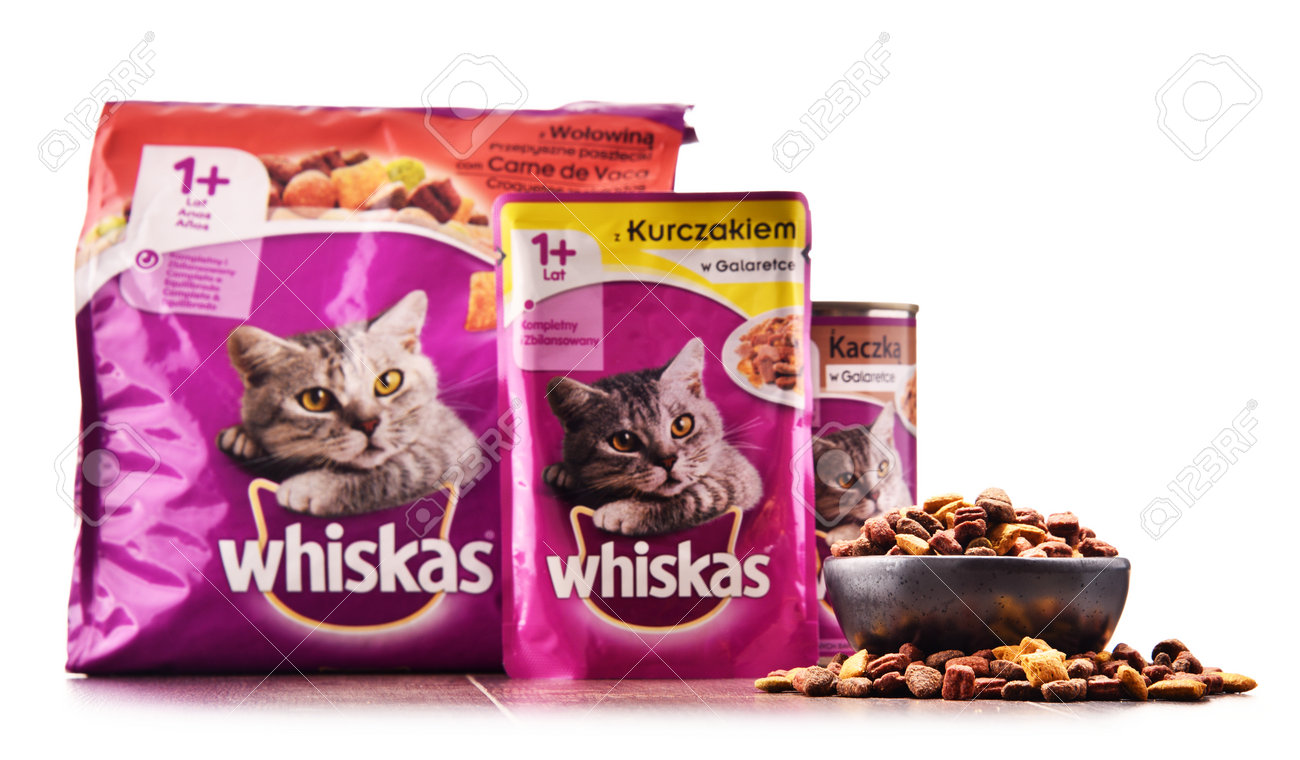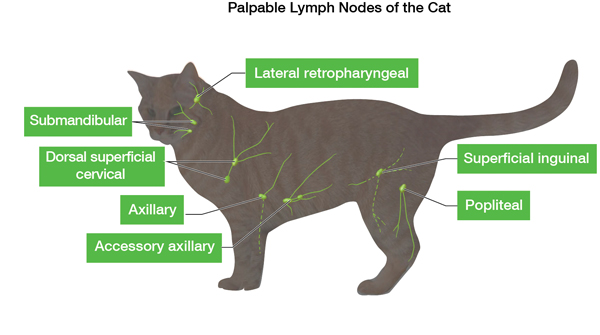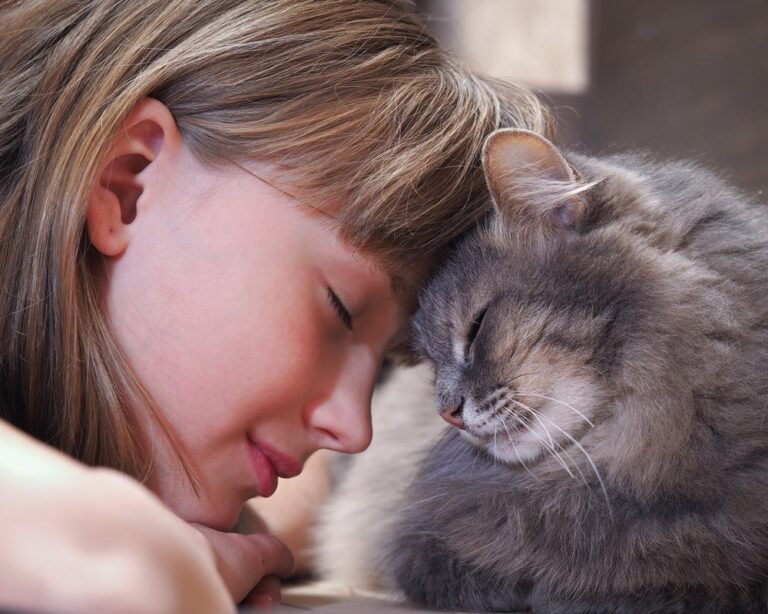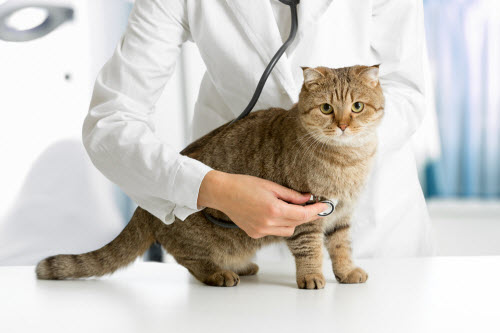Whiskas Cat Food: An Extensive Analysis for Feline Nutrition
Introduction: Understanding the Importance of Cat Nutrition
In the world of pet care, providing nutritious and balanced meals is paramount to ensuring the well-being of our beloved companions. Cats, with their unique dietary requirements, deserve special attention when it comes to their food choices. That’s where Whiskas cat food steps in, offering a wide range of options designed to cater to the specific needs of felines. In this comprehensive guide, we will delve into the intricacies of Whiskas cat food, exploring its ingredients, nutritional value, and overall suitability for cats of different ages, lifestyles, and health conditions.
Deciphering the Ingredients: What’s Inside Whiskas Cat Food?
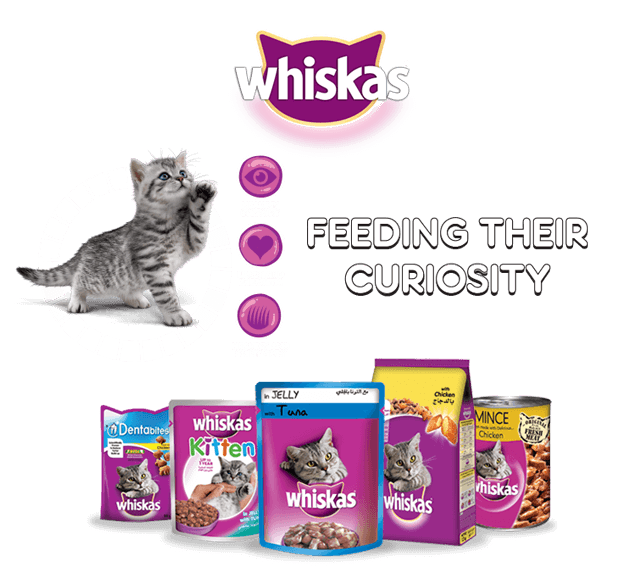
Whiskas cat food boasts a diverse range of ingredients, each carefully selected to provide essential nutrients and cater to the unique dietary needs of cats. Some common ingredients found in Whiskas cat food include:
- Animal Derivatives: These include chicken, beef, lamb, and fish, serving as the primary source of protein for cats. Protein is crucial for maintaining muscle mass, supporting tissue repair, and promoting overall growth and development.
- Cereals: Grains such as corn, wheat, and rice are included as a source of carbohydrates, providing energy and dietary fiber. Fiber aids in maintaining a healthy digestive system and promoting regular bowel movements.
- Vegetable Derivatives: Carrots, peas, and spinach are some examples of vegetables found in Whiskas cat food. These provide essential vitamins, minerals, and antioxidants that support various bodily functions and contribute to a healthy immune system.
- Oils and Fats: Fats and oils, derived from sources like chicken fat or sunflower oil, are included for their energy content and to enhance the palatability of the food. Certain fats also provide essential fatty acids like omega-3 and omega-6, which play a vital role in skin and coat health.
- Minerals and Vitamins: Whiskas cat food is supplemented with various minerals and vitamins, including calcium, phosphorus, potassium, magnesium, taurine, and vitamins A, D, and E. These micronutrients are crucial for maintaining healthy bones, teeth, vision, immune function, and overall well-being.
Nutritional Value: Assessing the Macronutrient Balance

The nutritional value of Whiskas cat food plays a significant role in determining its suitability for cats. Here’s a breakdown of the macronutrient content in Whiskas cat food:
- Protein: Whiskas cat food typically contains around 30-35% protein, which is aligned with the high-protein dietary needs of cats. This protein content supports muscle development, tissue repair, and overall energy metabolism.
- Fat: The fat content in Whiskas cat food ranges from 10-15%. Fats provide a concentrated source of energy and also contribute to skin and coat health. However, excessive fat intake can lead to weight gain and other health issues.
- Carbohydrates: Carbohydrates, primarily derived from grains, constitute around 40-50% of the macronutrient profile in Whiskas cat food. Carbohydrates provide energy and dietary fiber, but excessive consumption can contribute to weight gain and potential digestive issues.
It’s important to note that the nutritional value of Whiskas cat food can vary depending on the specific product and formula. Always refer to the product label for accurate nutritional information.
Suitability for Different Cats: Age, Lifestyle, and Health Conditions
Whiskas cat food offers a variety of options tailored to the specific needs of cats at different life stages, with varying lifestyles and health conditions:
- Kittens: Whiskas kitten food is formulated to support the rapid growth and development of kittens. It typically contains higher levels of protein and essential nutrients to meet their unique nutritional demands.
- Adult Cats: Whiskas adult cat food is designed to maintain a healthy weight and provide balanced nutrition for cats with moderate activity levels.
- Senior Cats: Whiskas senior cat food is specially formulated with easily digestible ingredients and enhanced levels of antioxidants to support the aging process and address the changing dietary needs of older cats.
- Indoor Cats: Whiskas indoor cat food is tailored for cats with a sedentary lifestyle, often containing reduced calories and a higher fiber content to promote weight management and prevent obesity.
- Outdoor Cats: Whiskas outdoor cat food is formulated with higher calorie content and additional nutrients to cater to the increased energy expenditure of active cats that spend time outdoors.
- Special Health Conditions: Whiskas also offers specialized formulas for cats with specific health conditions, such as urinary tract health, weight management, and sensitive stomachs.
Advantages and Disadvantages: Weighing the Pros and Cons
Like any cat food brand, Whiskas has its own set of advantages and disadvantages:
Advantages:
- Wide Range of Options: Whiskas offers a diverse selection of cat food products, catering to cats of different ages, lifestyles, and health conditions.
- Balanced Nutrition: Whiskas cat food is formulated to provide a balanced blend of protein, fats, carbohydrates, vitamins, and minerals, meeting the nutritional requirements of cats.
- Palatability: Many cats find Whiskas cat food highly palatable, making it easier to encourage them to eat and maintain a healthy appetite.
- Availability: Whiskas cat food is widely available in pet stores and online retailers, making it convenient for pet owners to purchase.
Disadvantages:
- Potential Allergens: Some cats may be allergic to certain ingredients found in Whiskas cat food, such as wheat, corn, or chicken.
- High Carbohydrate Content: Whiskas cat food typically contains a relatively high level of carbohydrates, which can be a concern for cats prone to weight gain or with diabetes.
- Filler Ingredients: Some Whiskas cat food products may contain filler ingredients, such as wheat gluten or soy, which provide minimal nutritional value.
- Quality Control Concerns: There have been some isolated reports of quality control issues with Whiskas cat food, leading to concerns about product consistency.
Conclusion: Making an Informed Decision
Whiskas cat food offers a wide range of options, catering to the diverse dietary needs of cats. While it provides balanced nutrition and is generally palatable, it’s essential to consider the potential drawbacks, such as the high carbohydrate content and occasional quality control concerns. Cat owners should carefully assess their cat’s individual needs, including age, lifestyle, and health status, before deciding if Whiskas cat food is the optimal choice for their feline companion. Consulting a veterinarian is always recommended when making significant changes to a cat’s diet.

